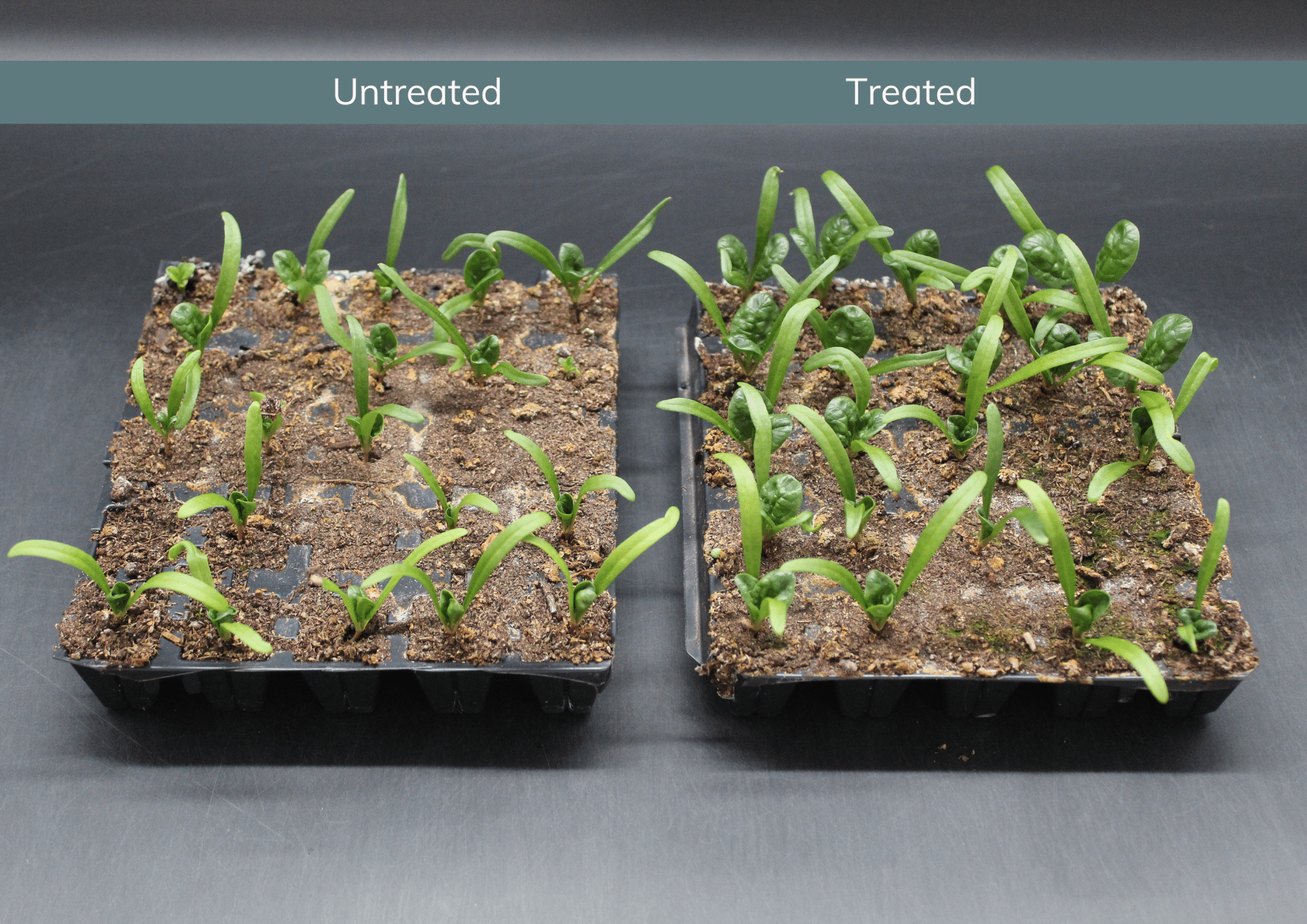Key Takeaways
- Zayndu has launched S-Prime, a crop-specific protocol package for spinach designed for use with its ActivatedAir plasma seed priming system.
- The package includes treatments optimized for over a dozen spinach varieties.
- Protocols are compatible with Zayndu’s SeedCloud platform for ease of deployment.
- The initiative aims to support growers in achieving consistent germination rates and uniform crop development.
- Additional crop protocol packages are under development.
Zayndu Launches S-Prime Protocol Package for Spinach
Zayndu, a company developing plasma seed priming systems, has announced the release of S-Prime, its first crop-specific protocol package. Developed for spinach, S-Prime is part of a broader plan to roll out pre-optimized treatments tailored to individual crops and growing environments.
The company states that the new package aims to streamline the adoption of seed priming by offering pre-configured protocols suited to specific crop varieties and controlled environment agriculture (CEA) systems.
“We can now deploy these protocols as pre-optimised packages, giving customers a quick start,” said Ralph Weir, CEO of Zayndu.
Focus on Spinach Varieties and Growing Conditions
The S-Prime package includes treatments for more than a dozen spinach varieties, with settings adapted based on internal trials and deployment experiences across various CEA systems. According to Zayndu, the protocol data can be accessed and deployed via its SeedCloud software platform, which allows remote updates and configuration.
“Spinach is a crop where consistent germination is often difficult to achieve,” said Dr. Alberto Campanaro, Head of Science at Zayndu. “Each variety responds differently to seed priming, and S-Prime accounts for those physiological differences.”
Application in Commercial Settings
Zayndu collaborated with 80 Acres Farms, a vertical farming company, to optimize the use of ActivatedAir in spinach production. Over a three-month period, the teams worked to tailor priming protocols to the farm’s specific crop varieties and growing systems.
“In CEA you need consistent germination to fill every square inch,” said Megan Gambrill, Head Grower at 80 Acres Farms. “With ActivatedAir, spinach germination is now consistently over 90%.”
The company reports that the protocol contributed to improved consistency in germination, which is a key factor in maximizing space usage and production output in indoor farms.
Future Crop Protocols in Development by Zayndu
Zayndu plans to expand its offering of crop-specific packages beyond spinach. Upcoming protocols may include multi-crop packages for baby-leaf salads and other commonly grown varieties in controlled environments.
The company indicates that these developments are part of its broader strategy to make plasma seed priming more accessible and applicable to a range of commercial agricultural settings.
“We’ve created a large library of treatments, and this allows us to offer growers packages that are ready to deploy,” Weir said.
With S-Prime, Zayndu aims to provide an option for growers seeking pre-tested, crop-specific protocols to support seed performance and production efficiency.



4 Comments